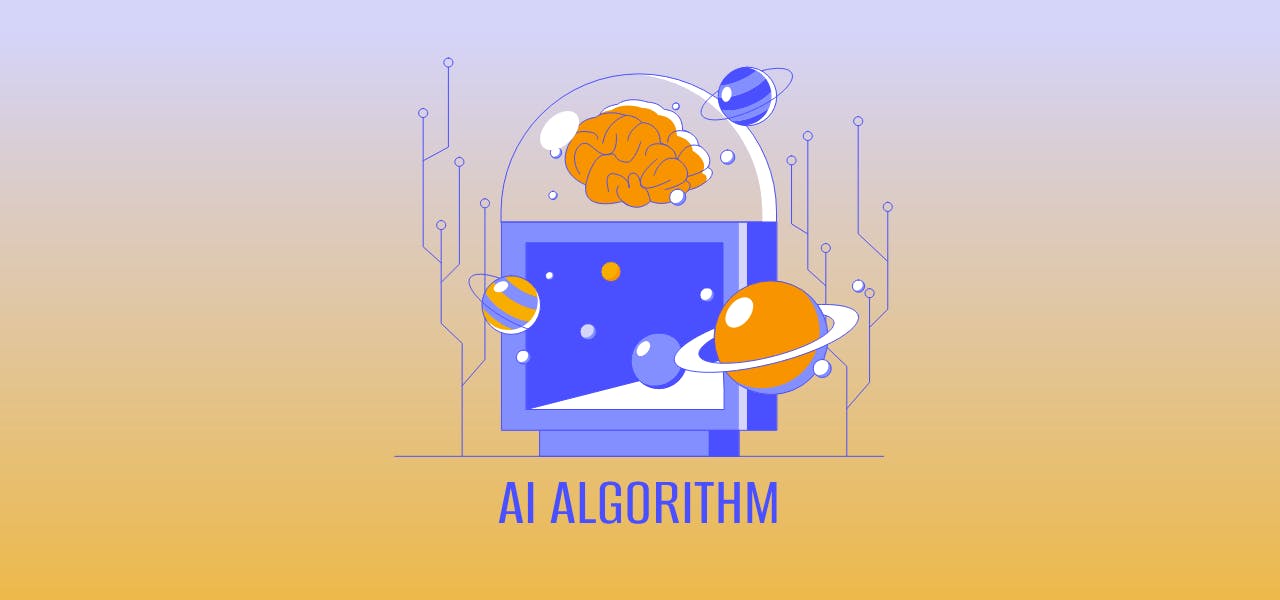Many of the questions of the universe remain a mystery, even with thousands of years of the best minds attempting to unravel them. Today’s technological advances help us to answer some of them, but with every answer, more questions seem to arise. One of the most recent questions posed by researchers was that of orbits and their stability. Right now, we take for granted the fact that planets have orbited consistently since we’ve been able to record their movements, but what would happen if a planet’s orbit shifted even slightly?
With billions of potential trajectories, it has always been impossible for humans to address this question. A new AI algorithm may have successfully taken care of this problem, though, with its ability to help us predict planetary orbits.
What is Orbital Stability?
We all know that the Sun is our closest star, but even as massive as it is, it’s pretty small compared to other stars out there. In our solar system, everything orbits around the Sun using gravity to keep those orbits stable. Gravity maintains the planets around a star, the moons around those planets, and any artificial satellites in space.
However, you can’t just throw an object in orbit and expect it to remain steady. It has to be traveling at the right speed to attain orbital stability. For instance, if we put an artificial satellite into space that moves too fast, the satellite will eventually move off into space on its own. The attraction between the Earth’s gravity and the satellite won’t be strong enough to hold it in place.
On the other hand, if the satellite moves too slow, the attraction will be too strong. This gravitational force will cause the satellite to fall back down to Earth. The goal is to set the speed of the satellite at exactly the same speed as the path that’s already fixed. This way, the satellite will travel around that path instead of careening into space or back toward Earth.
The Hypothesis that Reality is a Simulation
The newest AI algorithm in physics is a contradiction of everything we know, though. Physicist Hong Qin postulates that discrete field theories like those of planetary orbits contest the idea that spacetime is continuous, as originally started with Isaac Newton. Newton’s laws of motion, gravitation, and calculus all are based on this assumption, which Qin states is faulty.
According to the physicist, these laws of physics are creating major problems in today’s research. Switching to the idea of discrete spacetime could solve a lot of the questions we’ve been trying to answer. It would also mean our world looked more like the movie “Matrix,” full of pixels and data points.
Our reality would then be a simulation, as postulated with the idea of Bostom’s simulation hypothesis. The more time goes by, the more generations relate more to a discrete field theory law rather than the laws of physics as set forth by Newton.
Predicting Planetary Orbits
In the meantime, this theory also helps us to set forth AI configurations that help predict planetary orbits. By separating stable and unstable potential outcomes, it makes it easier to determine what would happen with any shift in the orbit that wouldn’t result in a collision. But this requires the knowledge of what a stable system looks like.
To determine this, astronomers determine the motions of planets that interacted over billions of years. They then check these configurations to determine stability, and this can take humans a long time.
Recent research suggests that the process could be sped up if simplified models were combined with machine learning. Doing so eliminates tens of thousands of hours of calculations and reduces that time to minutes. With this algorithm, the questions of orbital stability, like which planets could survive an orbital shift, may now be answered.
